Single-use plastics have become ubiquitous yet menacing in our lives. Millions of tons end up in landfills and oceans, wreaking environmental havoc. However, amidst this alarming scenario, innovative solutions are emerging, offering hope for a greener future. One such example is Venki Biodegrades, a company pioneering a game-changing alternative for tableware: biodegradable plates crafted entirely from rice bran.
In an exclusive interview with TheCSRUniverse, Mr. S. Venkateswaran, visionary Founder & Managing Director of Venki Biodegrades, delves into his company's journey and mission. He sheds light on how their sustainable tableware doesn't just replace plastic but transforms into valuable resources like cattle feed or nutrient-rich manure after use. This "circular" approach not only minimizes waste but also empowers rice farmers by creating a market for their bran, leading to improved livelihoods.
However, the path to disrupting the industry and fostering a circular economy isn't without its challenges. Mr. Venkateswaran candidly discusses the hurdles they face in scaling up production, navigating logistical complexities, and ensuring affordability for a wider audience. He also shares insights on evolving sustainability regulations and how they are adapting to stay ahead of the curve.
For further insights into how businesses can drive positive change and contribute to a sustainable future, continue reading the full interview below.
Q&A
Q. How is Venki Biodegrade responding to the growing environmental consciousness among consumers, and what unique features attract eco-minded customers to your tableware?
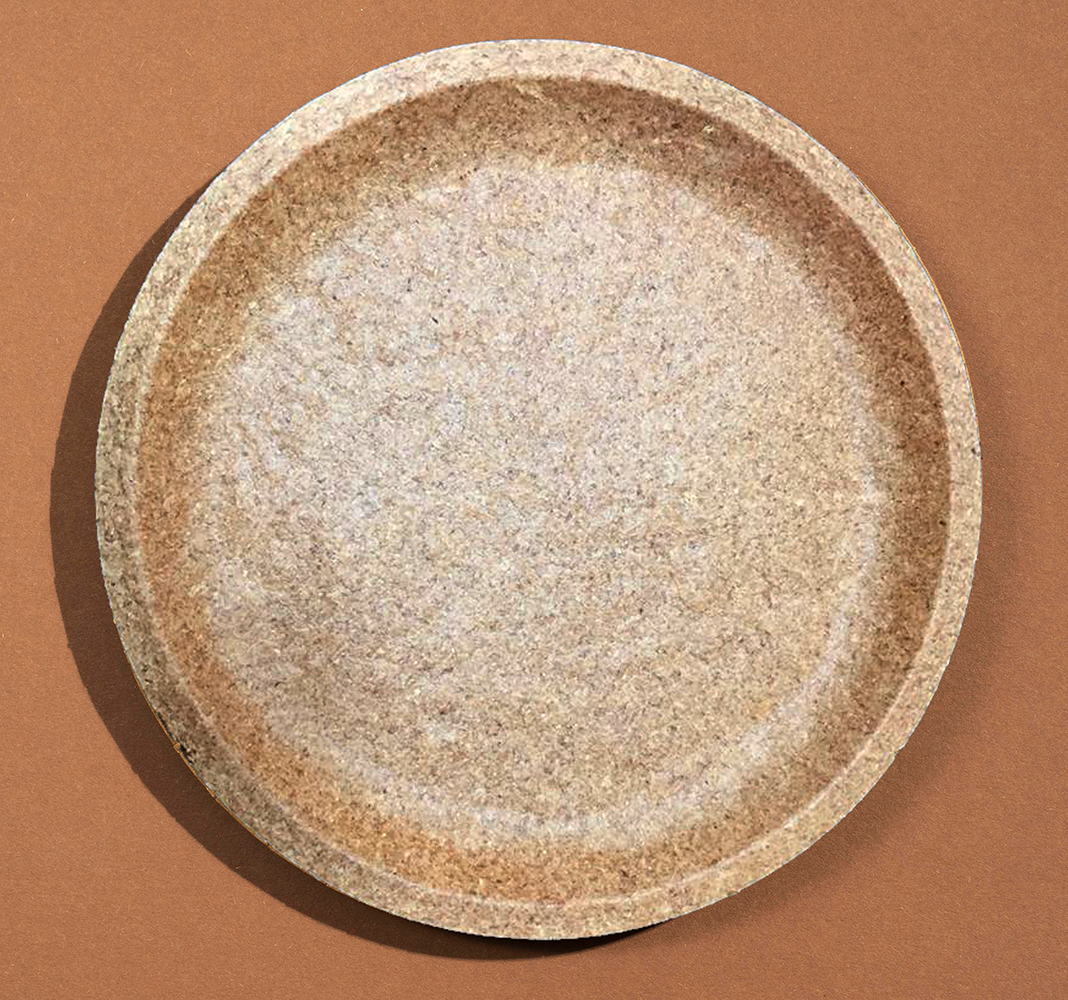 A. Venki Biodegrade responds to the rising environmental consciousness by offering a compelling alternative to single-use plastics. Crafted entirely from rice bran, our eco-friendly tableware addresses plastic waste concerns. Unique features attracting eco-minded customers include its transformation into cattle or aqua feed and nutrient-rich manure. This circular approach aligns with sustainable choices. Additionally, our initiative supports farmers by providing a market for rice bran, enhancing their earnings. Balancing environmental sustainability and economic empowerment, Venki Biodegrade resonates with the ethos of responsible consumerism, making it the preferred choice for today's conscientious consumers.
A. Venki Biodegrade responds to the rising environmental consciousness by offering a compelling alternative to single-use plastics. Crafted entirely from rice bran, our eco-friendly tableware addresses plastic waste concerns. Unique features attracting eco-minded customers include its transformation into cattle or aqua feed and nutrient-rich manure. This circular approach aligns with sustainable choices. Additionally, our initiative supports farmers by providing a market for rice bran, enhancing their earnings. Balancing environmental sustainability and economic empowerment, Venki Biodegrade resonates with the ethos of responsible consumerism, making it the preferred choice for today's conscientious consumers.
Q. Can you share the motivations behind creating Venki Biodegrade and blending business success with environmental responsibility? How do you envision your company contributing to a sustainable future?
A. Creating Venki Biodegrade stemmed from a profound motivation to address the pressing environmental issues linked to single-use plastics. Personally, blending business success with environmental responsibility has been a lifelong ambition. I envisioned a company that not only thrives commercially but also champions eco-friendly practices. Our goal is to play a meaningful role in shaping a sustainable future by providing an innovative alternative to plastic waste. We are setting out to prove that profitability and environmental stewardship can go hand in hand. Through our eco-friendly tableware, my vision is to inspire a broader industry shift towards sustainability, contributing to a greener and more responsible future.
Q. How is Venki Biodegrade engaging with consumers and communities to raise awareness about plastic waste and promote sustainable solutions, especially initiatives aimed at educating future generations about responsible consumption?
A. Venki Biodegrade is deeply committed to engaging with consumers and communities, spearheading awareness about plastic waste and sustainable alternatives. Personally, I find it crucial to connect with our audience. We leverage social media platforms and organize meetings in residents' associations to share insights on the environmental impact of single-use of plastics. Our focus extends to educating future generations through school workshops, fostering a culture of responsible consumption.
By actively involving consumers and communities, we strives to not only provide eco-friendly solutions but also catalyze a broader understanding and adoption of sustainable practices for a greener, more conscientious future.
Q. Many biodegradable products still contribute to a "throwaway culture." Is Venki Biodegrade exploring ways to promote reuse and encourage more mindful consumption patterns alongside its products?
A. Absolutely, at Venki Biodegrade, we recognize the importance of addressing the potential pitfalls of a "throwaway culture" even within the realm of biodegradable products. Personally, I am passionate about promoting reuse and fostering more mindful consumption patterns alongside our offerings.
We are actively exploring initiatives to encourage customers to view our products not just as disposable items but as part of a sustainable lifestyle. This includes promoting the reusability of our tableware, highlighting creative ways to repurpose them. Our products can be transformed into cattle or aqua feed or as nutrient manure for agricultural fields after using the plate.
Q. Given your innovative tableware, which industries beyond the F&B sector do you see as prime candidates for adopting your products, and what adjustments or collaborations might be necessary for successful integration?
A. In envisioning Venki Biodegrade' expansion beyond the Food and Beverage sector, I see potential adoption in industries prioritizing sustainability. Personally, I believe hospitality, including hotels and event planning, could offer a seamless fit for our innovative tableware. Railway services, with their commitment to environmental responsibility, present another prime opportunity. Collaborations with catering and events industries could minimize environmental impact. Adjustments tailored to each sector's needs and strategic collaborations are essential for successful integration. By aligning our eco-friendly solutions with diverse industry requirements, we aim to create impactful change and foster a broader shift towards sustainable practices.
Q. Can you shed light on other sustainability practices or initiatives incorporated into Venki Biodegrade' business model, in addition to the unique qualities of your tableware?
A. Certainly, at Venki Biodegrade, our commitment to sustainability extends beyond innovative tableware. Our dedication is evident in community outreach and environmental education initiatives, fostering a culture of sustainability beyond our product offerings for a greener future.
Q. Venki Biodegrade' use of rice bran promotes local agriculture and potentially empowers rice farmers. Can you elaborate on your commitment to ethical trade practices and how it connects to your sustainability goals?
A. Certainly, at Venki Biodegrade, our use of rice bran extends beyond environmental benefits; it's a commitment to ethical trade practices and sustainable agriculture. Personally invested in supporting local farmers, our initiative ensures a market for rice bran, enhancing their earnings. This approach aligns seamlessly with our broader sustainability goals, fostering a harmonious balance between environmental consciousness, ethical trade practices, and economic empowerment for farmers. It's about creating positive, lasting impacts within the communities we touch and promoting a sustainable future for all.
Q. From pioneering eco-friendly tableware to scaling up production, what were the biggest hurdles Venki Biodegrade encountered along the way? And what challenges do you now navigate to increase production and accessibility? Do you see any policy or market shifts that could boost adoption of sustainable alternatives?
A. Embarking on the journey of pioneering eco-friendly tableware with Venki Biodegrade presented significant challenges. Initially, scaling up production posed hurdles, from perfecting manufacturing processes to ensuring consistent product quality. Navigating these complexities demanded careful resource management and innovative problem-solving.
Presently, as we focus on increasing production and accessibility, logistical challenges emerge. Streamlining distribution networks, meeting growing demand, and maintaining affordable pricing are priorities. Concurrently, aligning with evolving sustainability regulations and certifications adds another layer of complexity. Anticipating increased environmental awareness and regulatory support, we position to not only meet current challenges but also to thrive amidst a changing landscape.
Q. During your pilot program you must have gathered valuable customer feedback on your tableware. Can you share some key insights? How are you incorporating these learnings into your product design or business model to better serve your target audience in your expansion plans
A. Absolutely, our pilot program was instrumental in gathering valuable insights from our customers. Personally, I found that customers highly appreciated the eco-friendly and biodegradable aspect of our tableware, emphasizing the need for sustainable alternatives. Valuable insights on design preferences and usage patterns have guided our ongoing product refinement.
These learnings are integral to our business model evolution. Adjustments in design based on customer preferences and usage insights are crucial in our expansion plans. This iterative approach ensures that Venki Biodegrade not only meets but exceeds the expectations of our target audience, contributing to a more sustainable and customer-focused future.
Q. In a future focused on circularity, how does Venki Biodegrade foresee incorporating its products into a closed-loop system?
A. In envisioning a future centered on circularity, we are deeply committed to incorporating our products into a closed-loop system. Personally, I see the potential for our eco-friendly tableware to contribute significantly to a sustainable and circular economy.
Our vision involves establishing take-back programs, where used tableware can be collected and repurposed. We are exploring collaborations with recycling facilities to ensure that our products crafted from rice bran, can be efficiently processed into new iterations or other valuable byproducts. This closed-loop approach aligns with our commitment to minimizing waste and maximizing the lifecycle of our products, ushering in a more circular and environmentally conscious future.




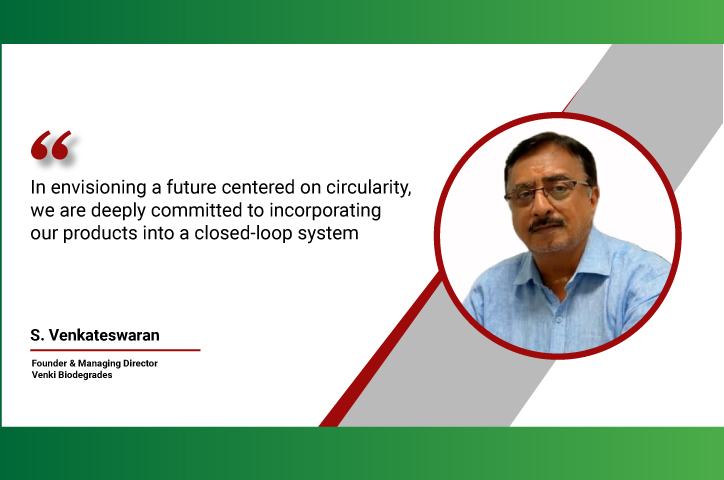
 A. Venki Biodegrade responds to the rising environmental consciousness by offering a compelling alternative to single-use plastics. Crafted entirely from rice bran, our eco-friendly tableware addresses plastic waste concerns. Unique features attracting eco-minded customers include its transformation into cattle or aqua feed and nutrient-rich manure. This circular approach aligns with sustainable choices. Additionally, our initiative supports farmers by providing a market for rice bran, enhancing their earnings. Balancing environmental sustainability and economic empowerment, Venki Biodegrade resonates with the ethos of responsible consumerism, making it the preferred choice for today's conscientious consumers.
A. Venki Biodegrade responds to the rising environmental consciousness by offering a compelling alternative to single-use plastics. Crafted entirely from rice bran, our eco-friendly tableware addresses plastic waste concerns. Unique features attracting eco-minded customers include its transformation into cattle or aqua feed and nutrient-rich manure. This circular approach aligns with sustainable choices. Additionally, our initiative supports farmers by providing a market for rice bran, enhancing their earnings. Balancing environmental sustainability and economic empowerment, Venki Biodegrade resonates with the ethos of responsible consumerism, making it the preferred choice for today's conscientious consumers.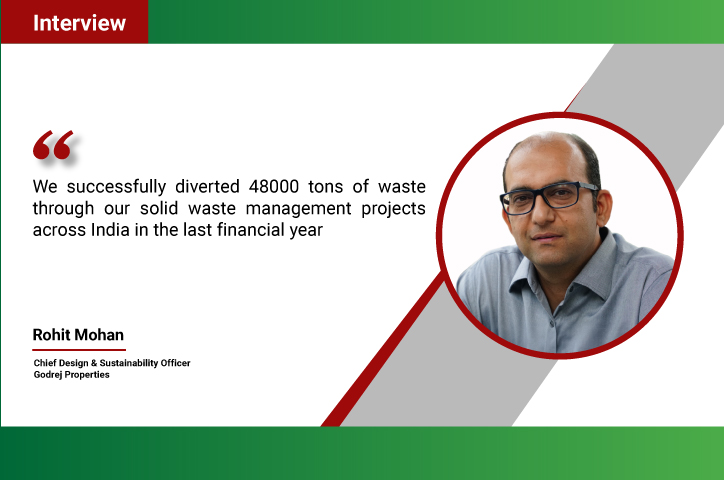
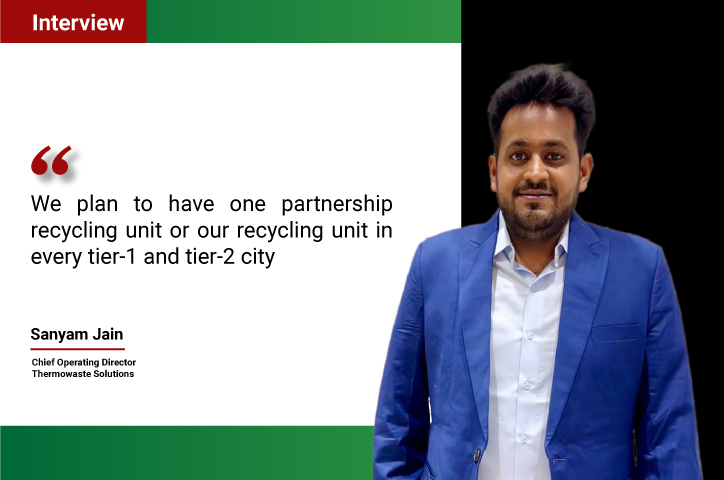
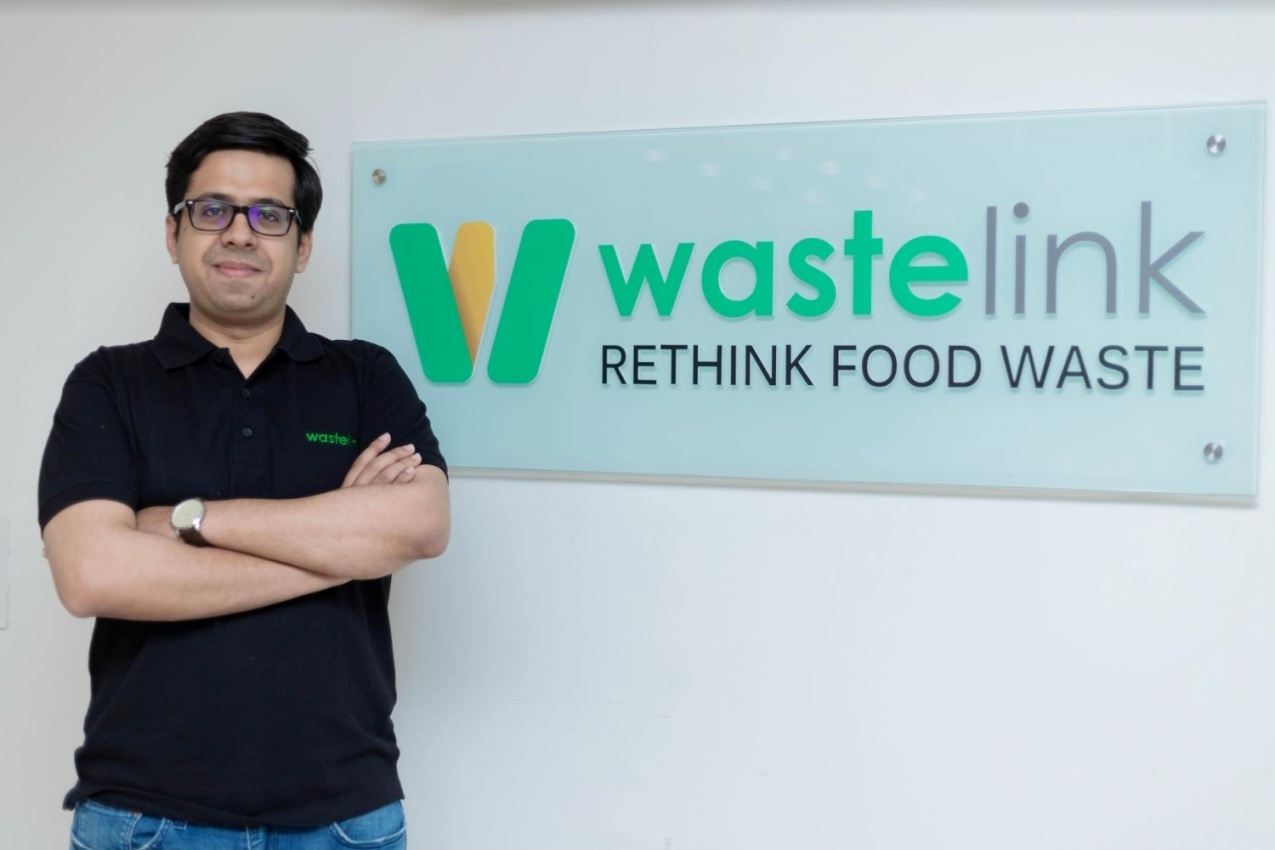
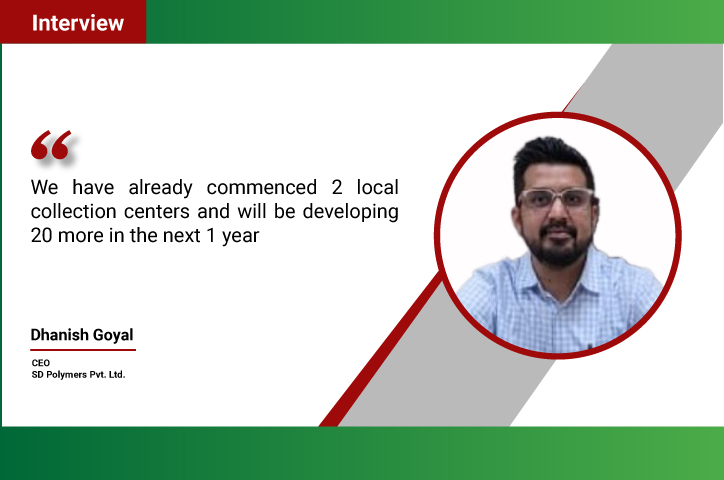
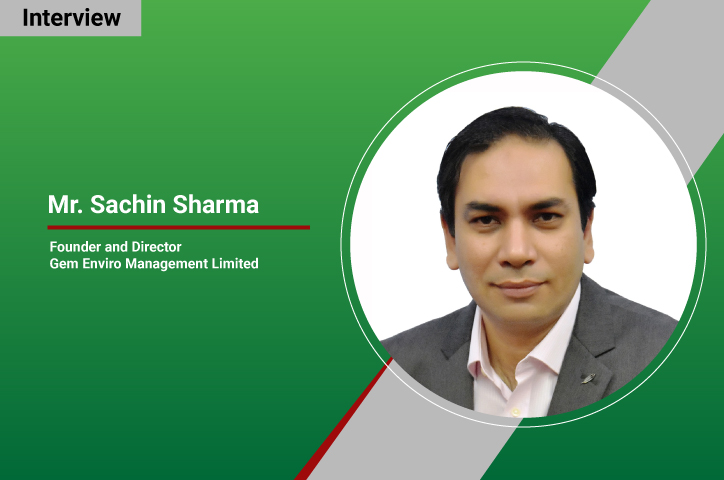
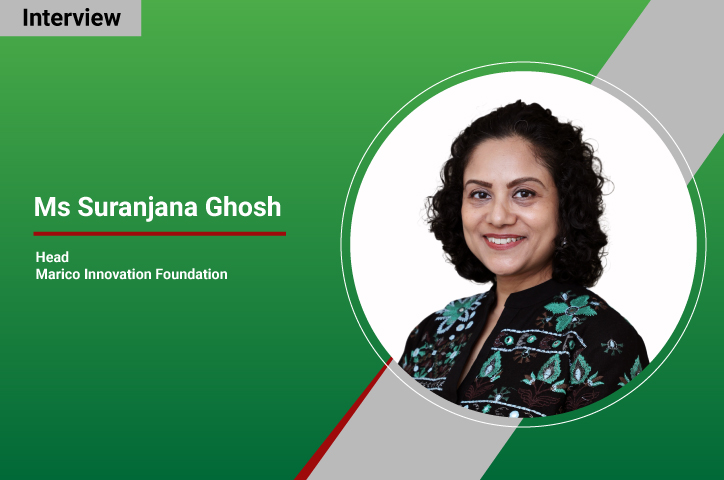
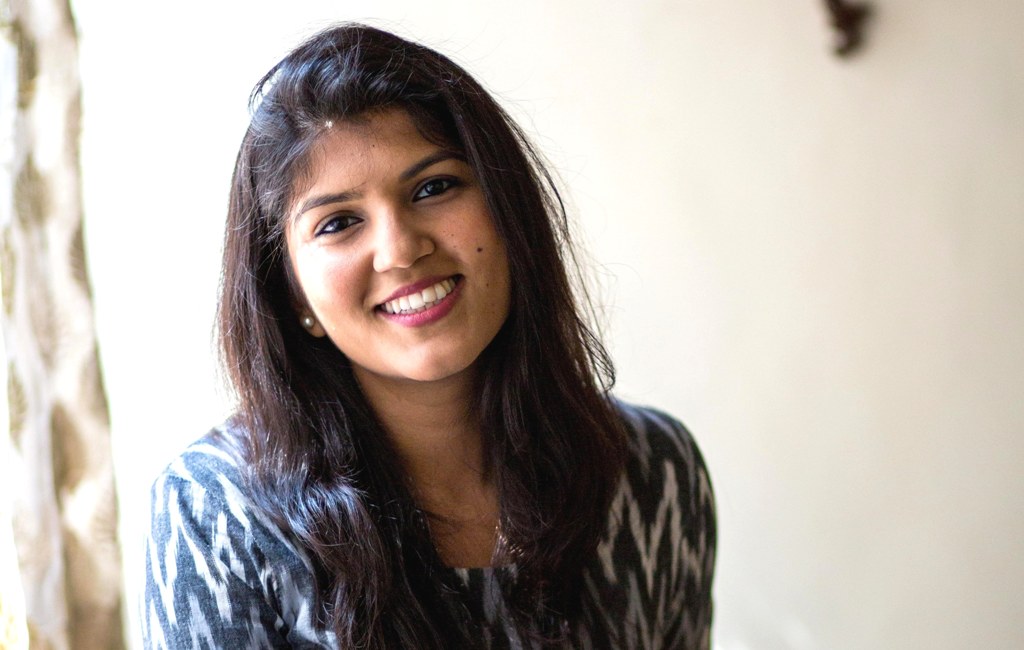
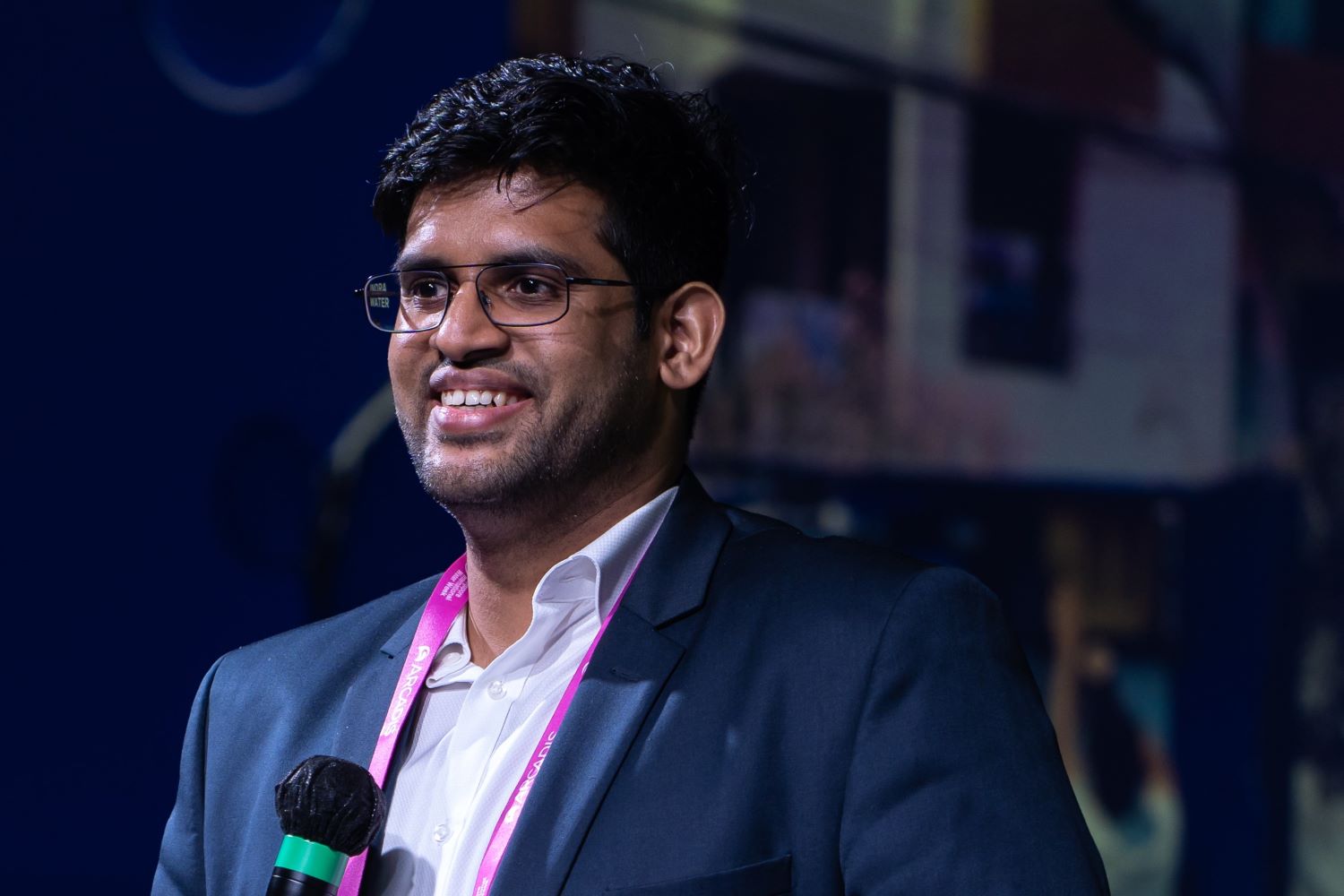







.jpg)



